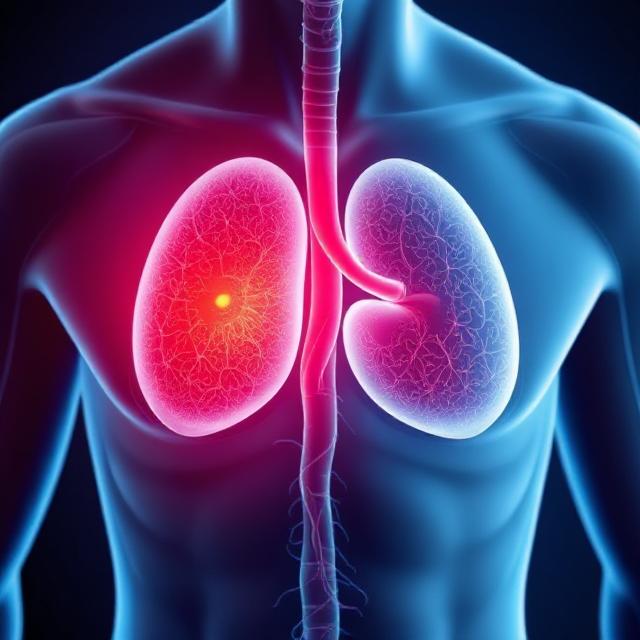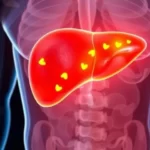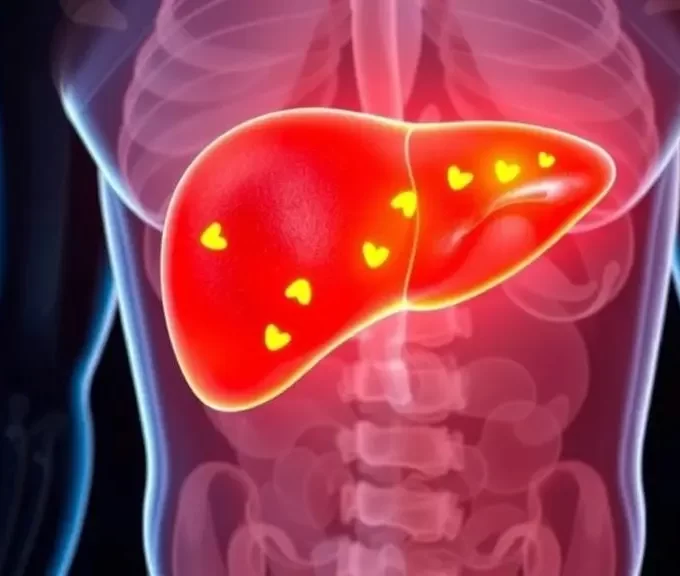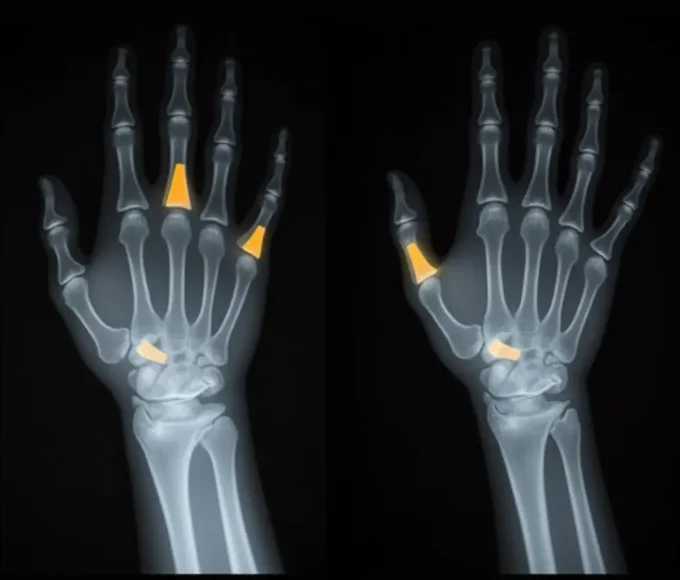The spleen is a vital yet often overlooked organ, responsible for filtering blood, fighting infection, and recycling red blood cells. When the spleen becomes enlarged, a condition medically known as splenomegaly, it signals deeper imbalances in the body. Many patients search for treatment for an enlarged spleen in homeopathy because they want a safe, natural approach that goes beyond temporary relief and works at the root cause.
What is Hypersplenism or Enlarged Spleen?
An enlarged spleen is not a disease on its own but rather a manifestation of other underlying conditions. Hypersplenism occurs when the spleen begins destroying blood cells too quickly, leading to anemia, low white blood cell count, and platelet deficiency.
In homeopathy, this condition is addressed holistically. Remedies are selected not just for the enlarged spleen but also for associated complaints such as spleen pain, fatigue, bleeding, or recurrent infections. This is why many people prefer homeopathic treatment for spleen infection, swelling, and hypersplenism over conventional suppressive methods.
Causes of Enlarged Spleen
An enlarged spleen can develop due to several underlying conditions, ranging from infections to chronic illnesses. Understanding these root causes is essential for accurate diagnosis and proper treatment.
- Infections: Malaria, mononucleosis, tuberculosis.
- Autoimmune diseases: Systemic lupus erythematosus, rheumatoid arthritis.
- Liver conditions: Cirrhosis, portal hypertension, and alcoholic Fatty Liver disease.
- Blood disorders: Leukemia, lymphoma, Hodgkin’s disease, polycythemia vera.
- Others: Injury, overuse of quinine, or prolonged exposure to damp climates.
This explains why spleen enlargement after malaria is so common, and why homeopathy emphasizes treating both the enlarged spleen and the patient’s underlying constitution.
Symptoms of Enlarged Spleen
Patients often ask: “How do I know if my spleen is enlarged?” Some of the common symptoms include: Since the spleen lies deep in the upper left abdomen, its enlargement often produces subtle signs that can easily be overlooked in the early stages.
- Pain, heaviness, or tenderness in the left upper abdomen.
- Fatigue, weakness, and palpitations due to anemia.
- Easy bruising and bleeding from gums, nose, or gastrointestinal tract.
- Frequent bacterial infections due to low immunity.
- Mouth ulcers, fever, and swelling in the spleen region.
- In advanced cases, weight loss and generalized weakness.
These symptoms may overlap with other diseases, which is why medical diagnosis is vital before starting splenomegaly treatment in homeopathy.
Homeopathic Treatment for Enlarged Spleen
Homeopathy aims to restore balance in the body by treating both the local splenic condition and the individual’s constitutional state. Remedies are chosen according to the totality of symptoms, physical, mental, and emotional.
Best Homeopathic Medicines for Enlarged Spleen
Homeopathy offers several remedies that have shown remarkable results in cases of splenomegaly. The right medicine is always prescribed after considering the patient’s full symptoms, constitution, and underlying cause. Some of the most frequently indicated remedies include:
Ceanothus americanus (Cean.)
Ceanothus is one of the most well-recognized organ-specific remedies for spleen disorders. It is advantageous in chronic enlargement of the spleen with deep-seated stitches and soreness in the left upper abdomen, worse in damp weather. Patients often describe a dragging pain in the whole left side, sometimes with shortness of breath. Dr. Burnett considered it a proper “spleen remedy.” It may also be compared with Chelidonium, Berberis, Sulphur, or Conium when similar splenic pain is present.
Cinchona officinalis (China)
Cinchona is highly indicated in spleen enlargement after malaria. The patient complains of dull aching, congestion, and sensitivity in the spleen region, often worse after physical or mental exertion. There may be extreme weakness, bloating, and low immunity. Chininum sulphuricum and Aranea diadema are closely related remedies, especially in chronic malarial regions. Grindelia robusta may also be considered when pain radiates from the spleen to the chest or hips.
Capsicum (Caps.)
Capsicum is recommended for sensitive, swollen, and painful spleens, particularly in sluggish, chilly patients with a tendency to inflamed mucous membranes. Jahr noted its efficiency in splenic complaints. Arnica may be considered when splenitis follows an injury, while Ferrum metallicum is suited for anemic patients with weak circulation. Natrum muriaticum is also related here, especially in cases of an enlarged spleen after malaria with salt craving and emaciation.
Natrum muriaticum (Nat. mur.)
This remedy is one of the most reliable in cases of chronic spleen enlargement after malaria. Symptoms often include constipation, craving for salt, and an oversensitive emotional state. The patient may feel worse from consolation and prefer solitude. It is beneficial when anemia and wasting are present, along with recurring spleen pain and pressure.
Quercus glandium spiritus (Quercus)
Quercus is especially valuable when the enlarged spleen is associated with alcoholic cirrhosis of the liver. Patients may present with swollen ankles, abdominal heaviness, and a general sense of weakness.
Other essential remedies include:
- Aranea diadema – for enlarged spleen from chronic malarial poisoning in damp regions.
- Arnica – when splenitis follows trauma or injury.
- Ferrum metallicum – for anemia with splenomegaly.
- Grindelia robusta – when pain extends from the spleen to the chest and hips.
These medicines form the basis of natural treatment for spleen swelling in homeopathy, prescribed according to the individual case.
When to Seek Medical Help
It is essential to remember that splenomegaly may signal severe conditions such as leukemia, lymphoma, cirrhosis, or chronic infections. While homeopathy for spleen pain and enlargement can be highly effective, patients should consult a healthcare provider for proper evaluation. Homeopathy works best as a holistic system, reducing spleen size, improving immunity, and addressing constitutional weaknesses.
Conclusion
An enlarged spleen, or splenomegaly, is often a signal of deeper imbalances in the body. Homeopathic remedies for spleen enlargement, such as Ceanothus, China, Capsicum, Natrum mur, and Quercus, not only target the swollen spleen but also strengthen the immune system and restore harmony to the body. For those seeking a safe, natural, and holistic approach, homeopathy offers a comprehensive path for spleen health and long-term recovery.
“So, what’s my final advice? Please don’t ignore the signs of splenomegaly. From my clinical experience, I can tell you that it’s your body’s way of telling you that there’s an underlying issue that needs attention. By working with your doctor to get a proper diagnosis and exploring supportive therapies like homeopathy, you can address the root cause and restore your body’s balance. Your health is a journey, and homeopathy can be a powerful partner on that path.”
FAQ
Should I be worried about an enlarged spleen?
Yes, an enlarged spleen can signal infections, liver disease, or blood disorders. It’s essential to seek medical advice.
What foods should you avoid if you have an enlarged spleen?
Avoid alcohol, processed foods, fried foods, and excess sugar as they may strain the liver and spleen.
How do you know if your spleen is struggling?
Common signs include abdominal pain or fullness, fatigue, frequent infections, or easy bruising.
How to reduce an enlarged spleen?
Treatment depends on the cause. Addressing infections, eating a balanced diet, managing underlying conditions, and following medical advice can help.
Does drinking a lot of water help your spleen?
Yes, staying hydrated supports blood circulation and helps the spleen filter waste more effectively.
Can stress cause an enlarged spleen?
Chronic stress can weaken immunity and indirectly affect spleen health, but it’s rarely a direct cause of enlargement.
Medically Reviewed by Dr. Muhammad Usman
References
- Bona R. Evaluation of splenomegaly and other splenic disorders. https://www.uptodate.com/contents/search. Accessed April 22, 2021.
- Splenomegaly. Merck Manual Professional Version. https://www.merckmanuals.com/professional/hematology-and-oncology/spleen-disorders/splenomegaly#. Accessed April 22, 2021.
- AskMayoExpert. Spleen disorders. Mayo Clinic; 2021.
- Jameson JL, et al, eds. Enlargement of lymph nodes and spleen. In: Harrison’s Principles of Internal Medicine. 20th ed. McGraw-Hill; 2018. https://accessmedicine.mhmedical.com. Accessed April 22, 2021.
- Recommended adult immunization schedule for ages 19 years or older. Centers for Disease Control and Prevention, 2021. https://search.cdc.gov/search/index.html?query=Recommended+Adult+Immunization+Schedule&sitelimit=&utf8=%E2%9C%93&affiliate=cdc-main. Accessed April 22, 2021.
- Lab Tests Online. Bone marrow aspiration and biopsy. https://labtestsonline.org/tests/bone-marrow-aspiration-and-biopsy. Accessed April 22, 2021.











